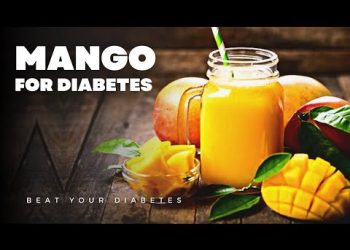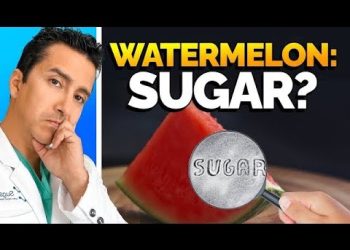Rejuvenating with Protein: The Powerhouse Nutrient
As we embrace life after 50, maintaining vibrant health becomes a priority. Protein emerges as a key player in this journey, fueling energy, boosting metabolism, and supporting a robust immune system. This powerhouse nutrient can be found in a variety of foods such as lean meats, poultry, fish, eggs, tofu, and nuts. While the Recommended Daily Allowance (RDA) is 0.36 grams per pound, older adults might need between 0.5 to 0.9 grams per pound to keep muscles strong. Supplements like protein powder or drinks can also help meet these needs.
Flourishing with Fiber: Keeping the Body Moving
Fiber is your digestive system’s best friend, ensuring everything moves smoothly while offering heart health benefits and assisting in blood sugar control. Integrate vegetables, fruits, whole grains, beans, and lentils into your daily diet to meet the fiber needs of 25 grams for women and 38 grams for men. When needed, a fiber supplement like Metamucil, after consulting with a doctor, can offer extra support.
Calcium: Building Blocks for Strong Bones
The importance of calcium cannot be overstated, especially for maintaining strong bones and a healthy heart rhythm. Dairy products, leafy greens, and fortified milks such as soy or almond milk are excellent sources. Post-menopausal individuals should aim for 1200 milligrams daily, while others should target 1000 milligrams. Supplements are helpful, but should be split into smaller doses to enhance absorption.
Vitamin D: Sunshine in a Vitamin
Vitamin D, often called the sunshine vitamin, enhances immunity and protects against several health issues. Although sunlight is a natural source, foods like dairy, mushrooms, and eggs, as well as fatty fish, contribute to our daily intake. After the age of 50, a supplement providing at least 600 IU of vitamin D is recommended. Always consult with a healthcare provider for optimal dosing.
Omega-3 Fatty Acids: Nourishing Brain and Heart
Omega-3 fatty acids are essential for brain health and maintaining a healthy heart rhythm. Rich sources include fatty fish like salmon, sardines, and mackerel, as well as nuts and seeds. A daily intake of 1.1 grams for women and 1.6 grams for men of Alpha-linolenic acid (ALA) is advisable along with a combined EPA and DHA intake of 250 to 500 milligrams. Consider supplements if you’re not getting enough from your diet.
Vitamin B12: Energy and Mood Booster
Vital for energy production and cognitive function, vitamin B12 can be harder for the body to absorb after 50. Sources such as meat, dairy, and fortified cereals help meet the daily requirement of 2.4 micrograms. Vegetarians and vegans should pay close attention to their intake and consider supplements if necessary.
Potassium: The Heart and Bone Guardian
Potassium supports heart and bone health by balancing electrolytes and managing blood pressure. Foods rich in potassium include bananas, potatoes, leafy greens, and dairy products. The recommended daily intake is 2600 milligrams for women and 3400 milligrams for men. Before considering supplements, consult with a healthcare provider as excess potassium can be harmful.
Antioxidants: Defenders Against Aging
Antioxidants like vitamins A, C, and E, along with minerals like zinc and selenium, combat free radicals that contribute to aging. Consuming a diet rich in colorful fruits, vegetables, nuts, seeds, and whole grains helps maintain youthful vitality. While supplements are available, obtaining antioxidants naturally through diet is recommended.
Conclusion: Getting Started
As we journey into our golden years, incorporating these eight nutrients into our diet can help maintain vitality and health. Evaluate your current intake and consider which foods you can introduce or increase in your routine. Share your journey and let’s engage in a conversation about embracing health and longevity.











